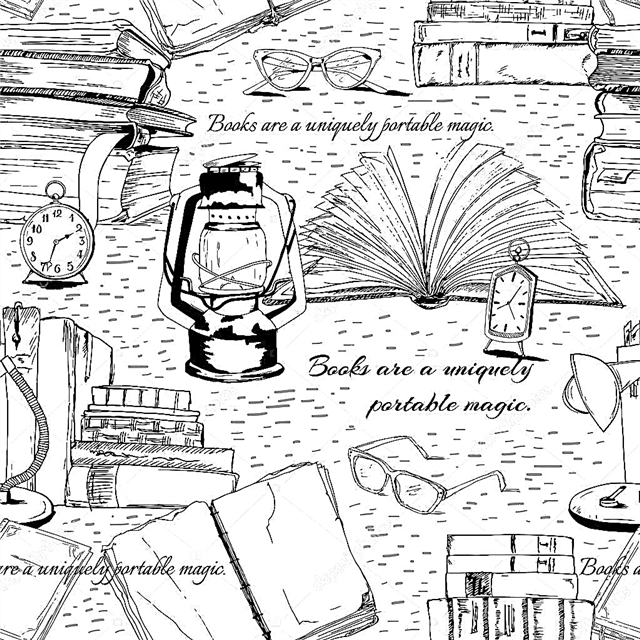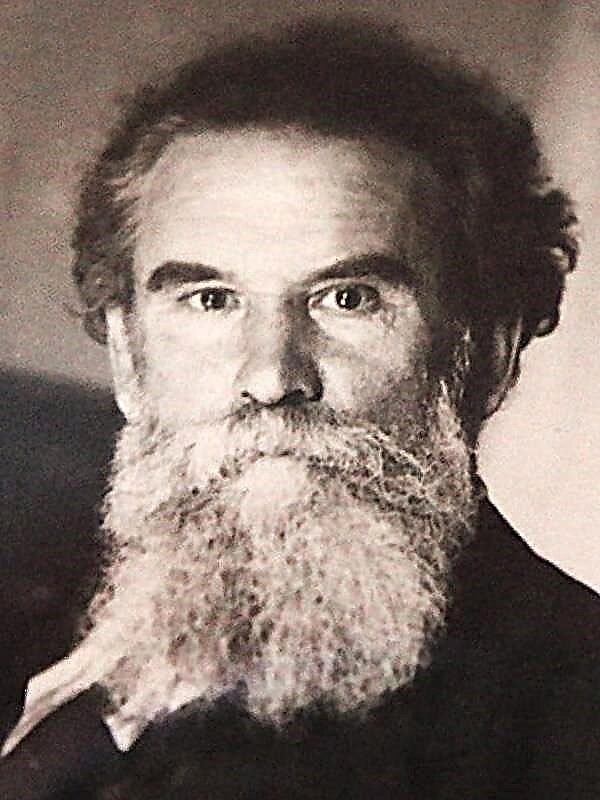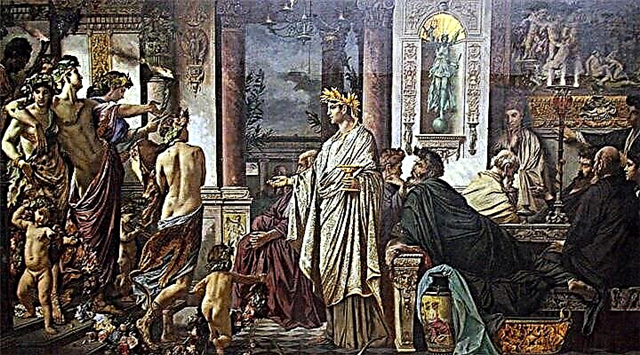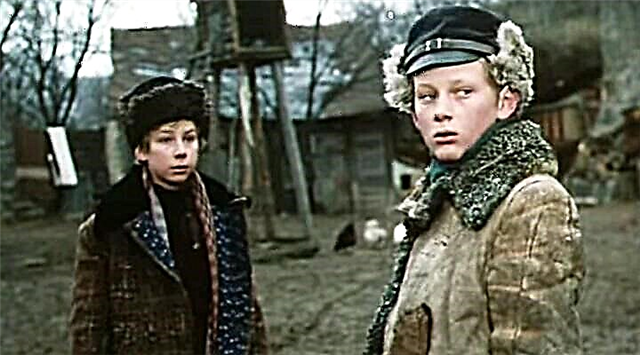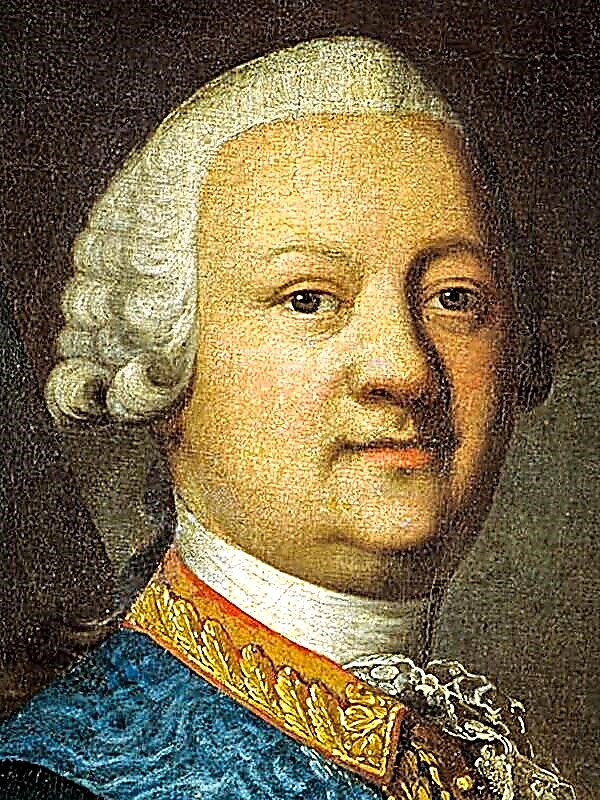This comedy in translation has another name - "The Hater." Its main character, the peasant Knemon, at the end of his life was astounded in people and literally hated the whole world. However, he was probably a scruff from birth. For his wife left him precisely for a bad temper.
Knemon lives in a village in Attica, near Athens. He cultivates a meager field and raises a daughter whom she loves without memory. Nearby lives his stepson Gorgii, who, despite the bad temper of his stepfather, treats him well.
Sostratus, a wealthy young man who accidentally saw Knemon's daughter, falls in love with her and makes all kinds of attempts to meet a beautiful modest girl, and at the same time with her unsociable father.
At the beginning of the first action, the forest god Pan (his sanctuary cave is right there, not far from Knemon’s house and field) tells the audience a brief background of upcoming events. By the way, it was he who made it so that Sostratus fell in love with the daughter of an unsociable bruise.
Sherry, buddy and friend of Sostratus, advises the lover to act decisively. However, it turns out that Sostratus had already sent for reconnaissance to the manor of Knemon slave Pyrrhus, who at the time of our action was returning in panic; Knemon drove him away in the most explicit way, throwing him with earth and stones ...
Knemon appears on the scene, not noticing those present, and says to himself: “Well, wasn’t he happy, and doubly besides, / Perseus? Firstly, having wings, / He could hide from all who trample the earth. / And secondly, anyone who was in the document, / Could turn to stone. Now, if I now / The same gift! Only stone statues / stood around silently, wherever you look. "
Seeing Sostratus timidly standing nearby, the old man utters an angry and ironic tirade and leaves for the house. Meanwhile, Khnemon’s daughter appears on the stage with a jug. Her nanny, scooping up water, dropped a bucket into the well. And by the time father returns from the field, the water should be heated.
Sostratus, who is standing right there (he is neither alive nor dead from happiness and excitement), offers the girl help: he will bring water from the spring! The offer is accepted favorably. Acquaintance took place.
The presence of Sostratus is revealed by Dove, the slave of Gorgias. He warns the owner: nearby is a "young man" grazing, clearly "having his eye" on Gregory’s sister. And whether he has honest intentions is unknown ...
Sostratus enters. Gorgii, not only decent and hardworking, but also a determined young man, first evaluating him incorrectly (“You can see right away in your eyes - a scoundrel”), decides to still talk with the newcomer. And after the conversation, as a smart person, he understands his initial mistake. Soon, both are imbued with mutual sympathy.
Gorgiy honestly warns the lover how difficult it will be to agree with his stepfather - the girl’s father. But, after reflection, decides to help Sostratus and gives him a series of tips.
To begin with, in order to “enter into the image”, a rich young man devotedly devoted himself all day to unusual field work for him, so that the suspicious Knemon decided: Sostratus is a poor man, living his own labor. This, both young men hope, will at least reconcile the old man with the thought of the possible marriage of his beloved daughter. And in the sanctuary of Pan the relatives of Sostratus and he himself are preparing for the solemn sacrifices. The noise of the sacred preparations (near his house!) Drives Knemon crazy. And when at first the slave Geta, and then the cook Sicon, knock on his door with a request to borrow some dishes, the old man finally becomes frantic.
Sostratus, who returned from the field, changed so much during the day (he was tanned, hunched over from unusual work and barely moves his legs), so that even slaves do not recognize their master. But, as they say, there is no silver lining.
Returns from the field and Knemon. He is looking for a bucket and a hoe (both the old servant Simikha dropped it into the well). Meanwhile, Sostratus and Gorgias go to the sanctuary of Pan. They are almost friends.
In anger, Knemon himself tries to go down into the well, but the rotten rope breaks, and the evil old man falls into the water. This cry is announced by Simich, who ran out of the house. Gorgias understands: the "finest hour" of Sostratus has come! Together, they pull Knemon, who is groaning and cursing, from the well.
But it is Sostratus who attributes the clever and noble Gorgias to the leading role in saving the grumpy old man. Knemon begins to soften and asks Gorgias to take care of his sister's marriage in the future.
Sostratus, in response, invites Gorgia to marry his sister.First, an honest young man tries to refuse: "It is not permissible, / Having married you to your own sister, take your wife." A respectable young man is also embarrassed by the fact that he is poor, and the family of Sostratus is rich people: “It’s not easy for me / to feed unfamiliar good. / I want to make my own. "
At first, dissatisfied with the prospect of a second “unequal marriage” and Callipidus is the father of Sostratus. But in the end, and he agrees to both weddings.
Finally, Knemon also surrenders: the bruise even agrees that the slaves carry him to the sanctuary of Pan. The comedy ends with the words of one of the slaves addressed to the audience:
Rejoice that the old man is unbearable
We overpowered, pat us generously
And may Victory, noble maiden,
A friend of laughter will always be kind to us.

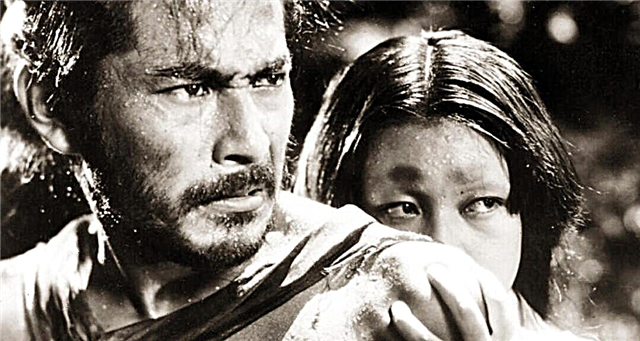
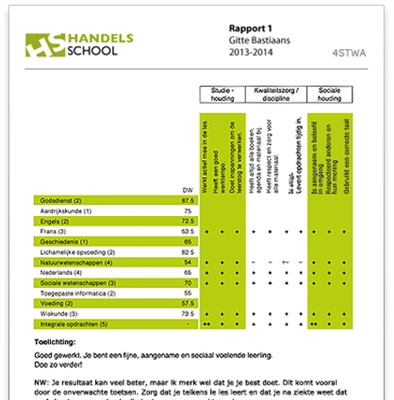


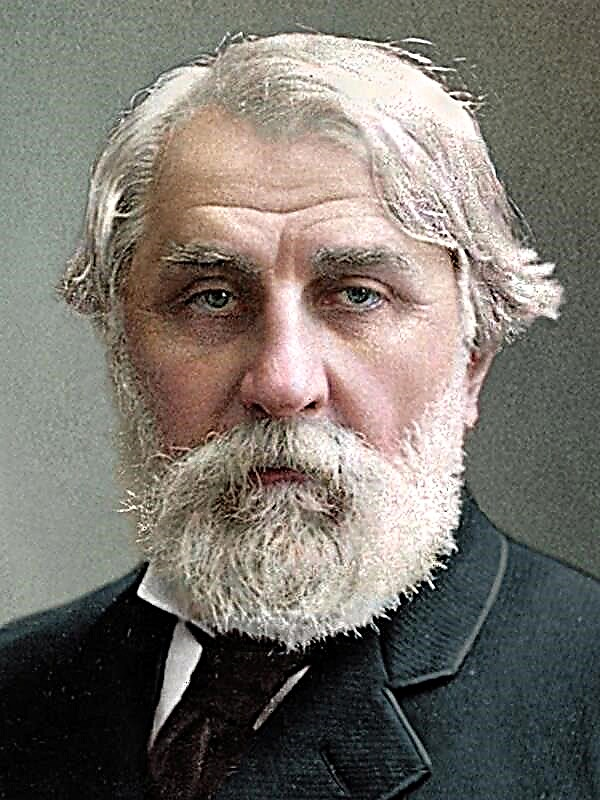
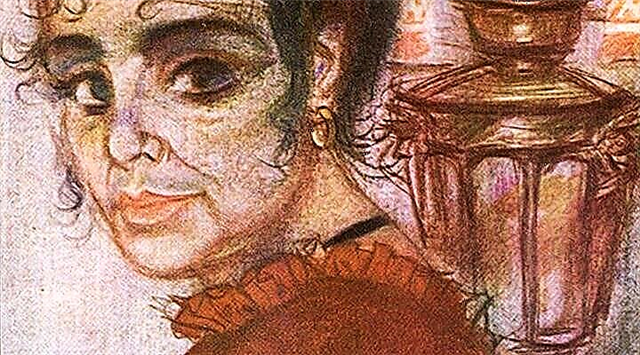 Dark alleys
Dark alleys
